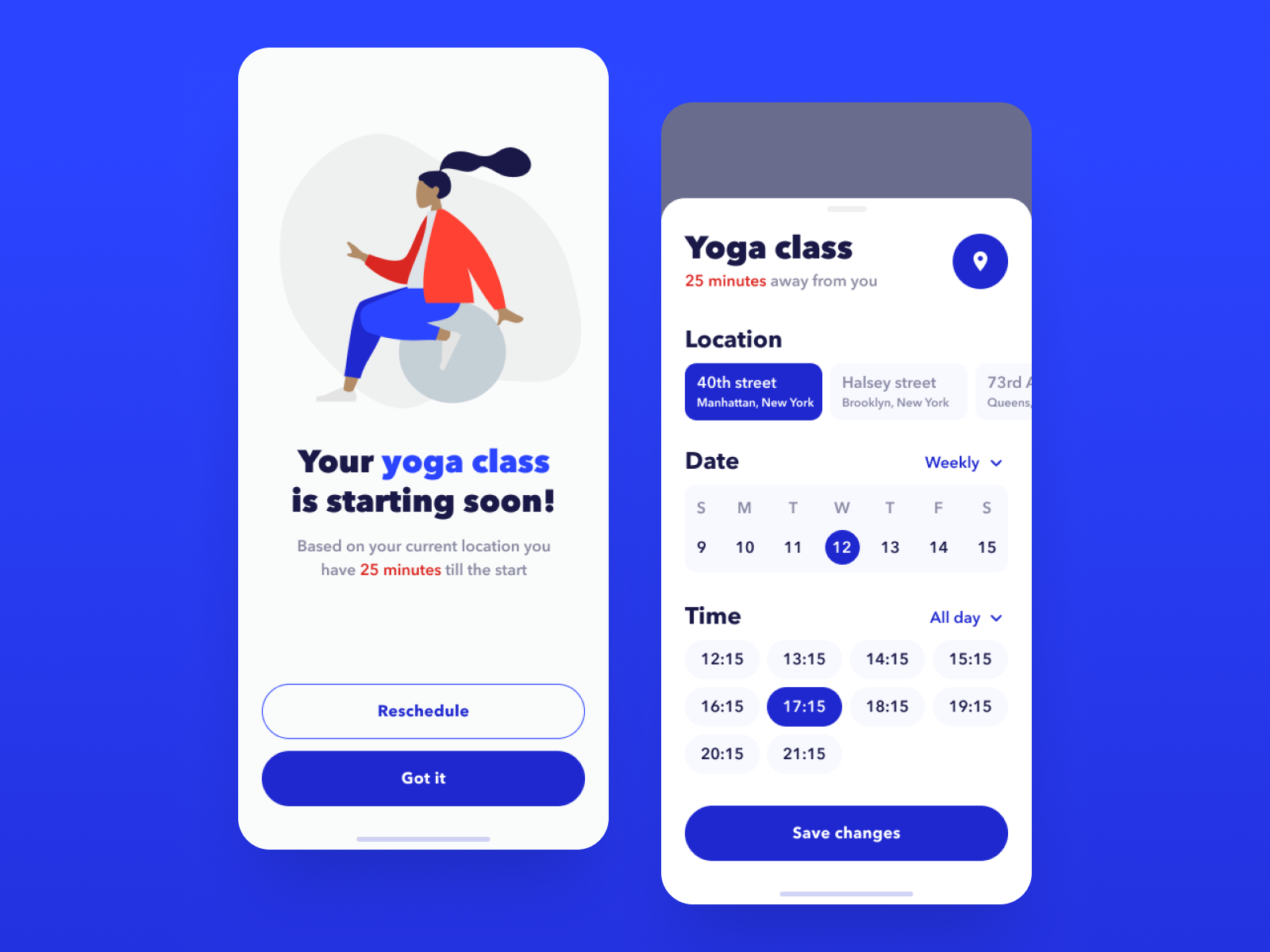

Walter Boot, Principal Investigator, Florida State University Participants will not be explicitly told which condition they are in, but will be aware of the reminder messages they are receiving, and thus are not truly blind.Īdherence Promotion With Person-centered Technology (APPT): Promoting Adherence to Cognitive Intervention Data will be coded and analyzed with arbitrary condition markers to mask condition during analysis. Measures of adherence will be automatically collected and thus assessors will be blind to this outcome. Top of Page Study Description Study Design Arms and Interventions Outcome Measures Eligibility Criteria Contacts and Locations More Information
SMART REMINDER CONCORDANCE HEALTH TRIAL
This will be an Individually Randomized Group-Treatment Trial (IRGT). Participants will be randomly assigned to one condition or another, and adherence at home will be monitored. before their clinic to remind them to enter the data at that point in time. This study will investigate adherence to training sessions, multiple times each week for 6 months, representing a large challenge to adherence. Our products include electronic reminder and monitoring technologies that are simple to integrate into pharmacy practice, inexpensive, fit seamlessly into a patient’s lifestyle, and incorporate feedback loops to patients and healthcare partners to facilitate optimal medication adherence. Establishing concordance between health professionals is important as models. On this list are items with due dates, that must be completed soon above all of the others. Let’s say you’ve got three main lists that you use regularly: Work, Home, and Shopping. Parameter weights for these variables will be adjusted dynamically over a 6-month assessment period to ensure that reminders are deployed when they are most likely to be acted upon. A smart list pulls in reminders from your other lists based on criteria of your choosing. In the smart adherence support condition, participants will receive adaptive and tailored reminders based on dynamic algorithms that deploy reminders in a way that considers participant preferences, days and times of previous successful engagement, the success of previous reminder attempts, and answers to brief questions contained within reminder prompts. Participants will be asked to engage in frequent home-based cognitive training on a computer tablet. This study will compare the effects of non-adaptive and smart adherence support systems. Further, poor adherence in cognitive intervention studies can interfere with answering fundamental questions regarding intervention efficacy. Many cognitive training interventions are associated with poor adherence, and poor adherence is associated with fewer benefits. Why Should I Register and Submit Results?.


 0 kommentar(er)
0 kommentar(er)
